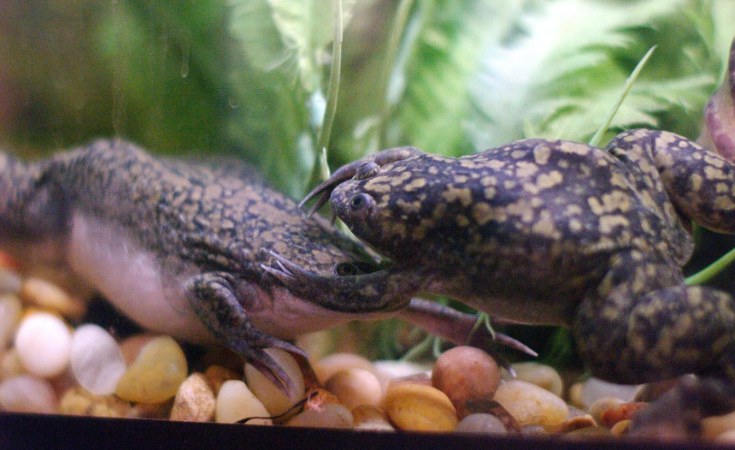A new study has shown the increasing use of land by humans is posing serious threats to the current amphibian diversity in Rwanda, putting the country at risk of losing its unique amphibian species.
Carried out by two European researchers, Dr. Matthias Dehling from Monash University, Australia and Dr. Maximilian Dehling from the University of Koblenz, Rhineland-Palatinate, Germany, the study was published recently in the renowned journal called Scientific Reports by nature.com. Scientific Reports is a peer-reviewed open-access scientific mega journal published by Nature Portfolio, covering all areas of the natural sciences. The journal was established in 2011.
It investigated the impact of land-use change on the diversity of amphibians in Rwanda. The scientists conducted fieldwork in Rwanda from 2010 to 2018, assessing not only the local and regional species richness, but also the diversity of functional roles that amphibians fulfill.
The findings of the study showed that amphibian species in farmland places in Rwanda were highly uniform across the country, as opposed to their counterparts in forests or savanna areas which were more diverse.
"The total number of 19 amphibian species found in farmland across Rwanda was less than half the total number of 39 species found in sites in natural habitat, even though farmland covers a much larger area," the researchers wrote.
They noted that the amphibian species in Rwanda's farmlands show common characteristics of "species that thrive in human-altered environments" which have high fertility and ability to breed throughout the year.
Such species are disturbance-tolerant, and thus, none of them is countrywide or globally threatened by extinction.
However, their counterparts that are restricted to natural habitats are threatened by extinction in Rwanda since they have specialized reproduction modes characterised by small clutches of large eggs, direct development, highly seasonal breeding, and reproduction in streams.
They also have very small geographic ranges.
"Should the remaining natural habitats of the region continue to be altered, these unique amphibian species will be lost and replaced by a small number of generalist species that are widespread across sub-Saharan Africa," the researchers noted.
The effect of loss of the unique species:
The study showed that amphibian species in natural habitat fulfil many unique functional roles that cannot be fulfilled by species in farmland. So, habitat alteration leads to a severe loss of functional roles in the amphibian communities.
"Amphibians provide key ecological functions in wetlands and aquatic habitats, especially in tropical countries such as Rwanda," the researchers noted.
Amphibians are a critical part of nature as both predator and prey. They eat insect pests which is a benefit to agriculture and help control mosquitos which benefits human health.
Amphibians are also an important part of the food chain, providing food resources for numerous animals from snakes to raptors.


